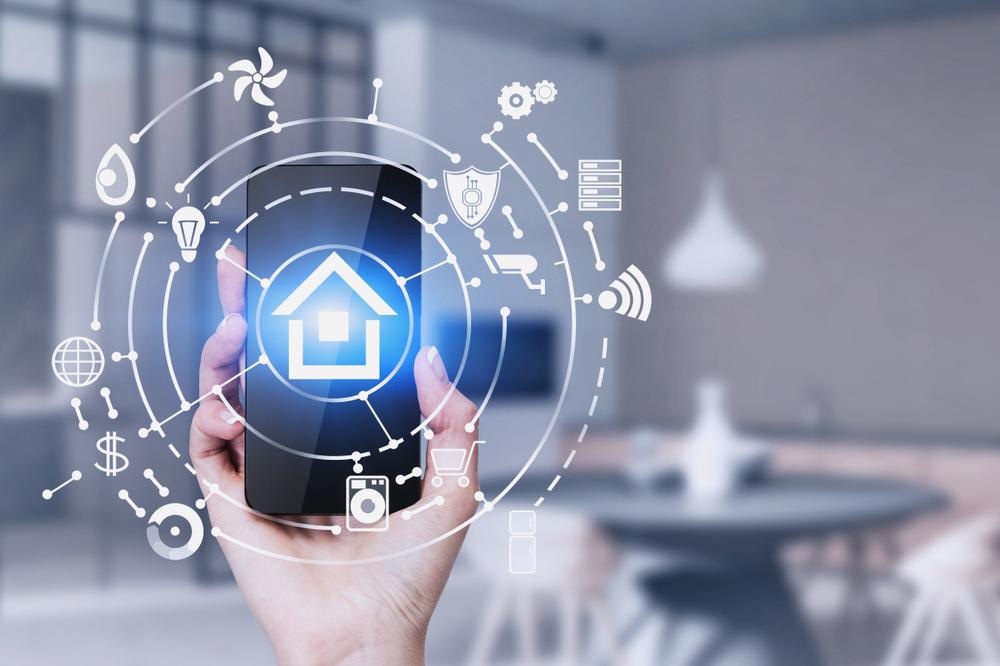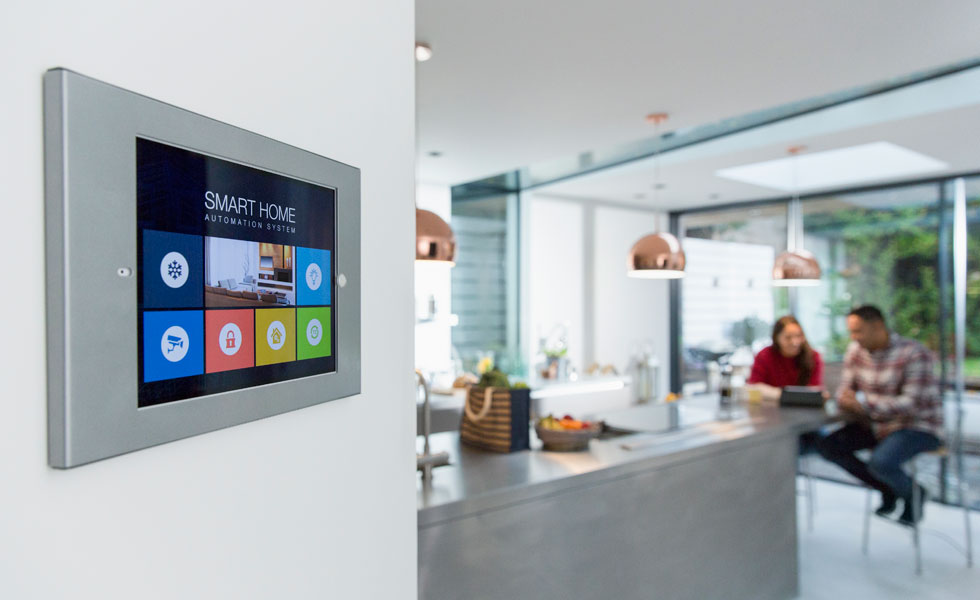In today's rapidly evolving technological landscape, smart energy monitoring systems have emerged as indispensable tools for both homeowners and businesses. As energy costs continue to rise and the global push for sustainability intensifies, understanding how these systems work and the benefits they offer is crucial for anyone looking to reduce energy consumption and costs.

The Rise of Smart Energy Monitoring
Over the past decade, there has been a significant shift towards integrating smart technologies into our daily lives. From smartphones to smart homes, the trend is clear: technology is driving efficiency and convenience. Smart energy monitoring systems are a natural extension of this trend. By providing real-time data on energy usage, these systems empower users to make informed decisions about their energy consumption patterns.
For homeowners, this means the potential to significantly reduce monthly utility bills. Businesses, on the other hand, can leverage these systems to optimize operational efficiency, leading to reduced operational costs and a lower carbon footprint. The implications are vast, making smart energy monitoring an essential consideration for anyone looking to optimize energy use.
How Do Smart Energy Monitoring Systems Work?
At their core, smart energy monitoring systems consist of sensors and software that track and analyze energy consumption in real time. These systems can be integrated with existing electrical infrastructure, allowing users to monitor energy usage down to individual appliances or equipment. The data collected is then fed into a dashboard or app, providing users with a comprehensive view of their energy consumption patterns.
This level of detail allows users to identify inefficiencies and areas of wastage. For instance, if a particular appliance is consuming more energy than expected, it can be flagged for maintenance or replacement. Additionally, many systems offer predictive analytics, which can help users anticipate future energy needs and adjust their usage accordingly.
Benefits for Homeowners
For homeowners, the benefits of smart energy monitoring systems are manifold. Firstly, these systems provide insights that can lead to significant cost savings. By identifying inefficient appliances or behaviors, homeowners can make informed decisions that reduce energy consumption. Moreover, many systems offer integration with smart home automation platforms, allowing for seamless control of lighting, heating, and cooling. This not only enhances convenience but also contributes to further energy savings.
Furthermore, with the growing emphasis on sustainability, using smart energy monitoring systems can increase the value of a home. As more buyers prioritize energy-efficient homes, having such systems in place can be a significant selling point. For more on the green benefits of home automation, check out this insightful article on Green Benefits of Home Automation.
Advantages for Businesses
Businesses stand to gain even more from implementing smart energy monitoring systems. In large commercial settings, energy costs can account for a significant portion of operational expenses. By using these systems, businesses can identify peak usage times, optimize equipment schedules, and even participate in demand response programs. This not only reduces costs but also enhances operational efficiency.
Moreover, many businesses are under increasing pressure to demonstrate their commitment to sustainability. Implementing smart energy monitoring systems can be a tangible step towards achieving sustainability goals, thereby enhancing brand reputation and customer trust. To learn more about how smart homes and businesses are tackling climate change, explore this article on Smart Homes and Climate Change.
Choosing the Right System
When it comes to selecting a smart energy monitoring system, it's essential to consider the specific needs of your home or business. Factors such as the size of the property, the complexity of the electrical infrastructure, and integration capabilities with other smart technologies should be considered. For those new to smart home technologies, this beginner's guide to smart home installation can provide valuable insights.
Additionally, it's crucial to choose a system that offers user-friendly interfaces and robust customer support. As with any technology, the true value comes from not just collecting data but interpreting and acting on it effectively.
Conclusion
In conclusion, smart energy monitoring systems represent a pivotal advancement in how we manage and consume energy. For homeowners and businesses alike, these systems offer a path to reduced costs, enhanced efficiency, and a more sustainable future. As technology continues to evolve, embracing smart energy solutions will undoubtedly become an integral part of modern living.
For further reading on how to track energy usage and reduce bills with smart home technologies, consider exploring these resources: Reduce Bills with Smart Homes and Track Energy Usage.

FAQs
Q1: How much can I save using a smart energy monitoring system?
A: Savings vary, but many users see a reduction of 10-30% in their energy bills by identifying and addressing inefficiencies.
Q2: Are smart energy monitoring systems difficult to install?
A: While some systems are plug-and-play, others might require professional installation. It's essential to assess your specific needs and capabilities.
Q3: Can these systems integrate with existing smart home devices?
A: Most modern systems offer integration capabilities with popular smart home platforms, enhancing overall functionality and control.

